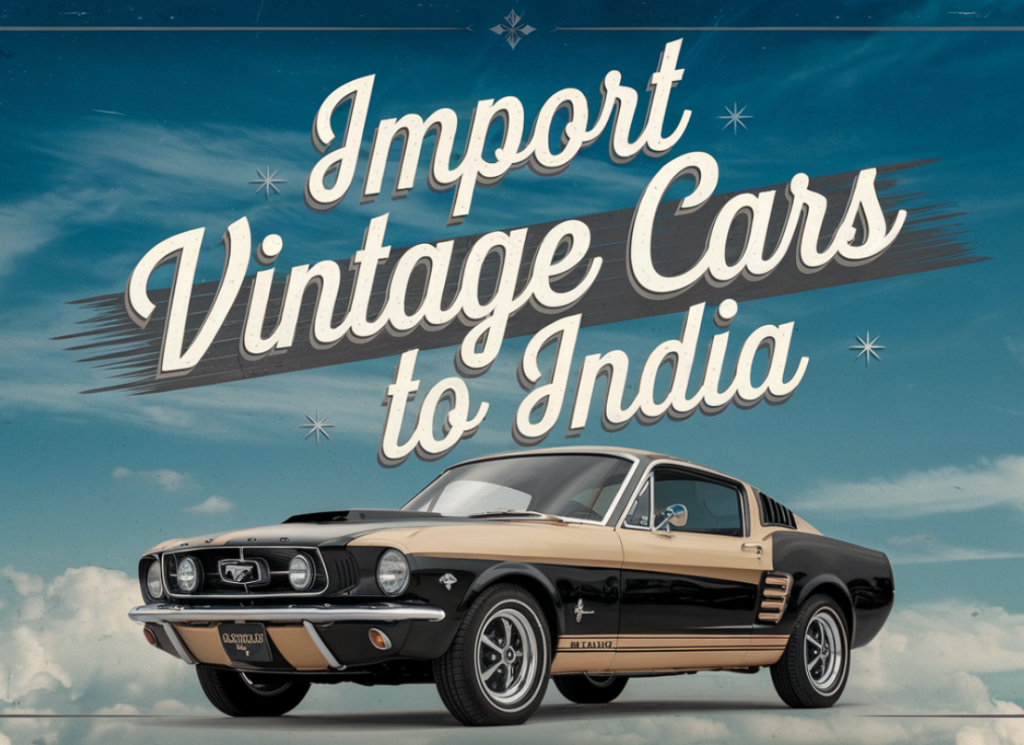India has taken a significant step towards fostering its vintage car culture by easing import restrictions on classic automobiles. Until recently, only vehicles manufactured before 1950 were eligible for import. However, a new policy change allows cars that are at least 50 years old to be legally imported into the country. This rolling eligibility means that each year, a new batch of vintage vehicles will qualify. For instance, in 2025, cars made up to 1975 can be imported, and in 2026, the eligibility extends to 1976 models.
Who Can Import Classic Cars?
Anyone with a passion for vintage cars can now legally import vehicles that are at least 50 years old without needing a special import license. However, the government has imposed a crucial restriction: these cars cannot be resold within India. This measure ensures that the policy benefits collectors and enthusiasts rather than commercial traders.
Why This Policy Change Matters
India has a vibrant classic car scene, but stringent regulations previously made it difficult for enthusiasts to acquire their dream machines. This new rule has several key implications:
- Greater choice for buyers: Enthusiasts can now explore a global market instead of being limited to locally available vintage cars.
- Boost to the restoration industry: More imported classics mean increased demand for workshops specializing in restoration, engine rebuilds, upholstery repairs, and detailing.
- More vintage car events: With an influx of iconic cars, India’s classic car scene is expected to grow, leading to larger and more exciting auto shows, rallies, and collector meet-ups.
Important Rules and Costs to Consider
While importing classic cars is now easier, there are still regulations to comply with:
- Legal Compliance: Cars must adhere to the Motor Vehicles Act, 1988, and the Central Motor Vehicles Rules, 1989.
- Roadworthiness and Emissions: Although older cars may receive exemptions due to their historic value, owners must ensure they meet applicable safety standards.
- High Import Duties: One of the biggest hurdles is the import tax, which can be as high as 250% of the vehicle’s value. This makes acquiring a classic car a significant financial investment.
Iconic Cars Now Eligible for Import
With the new rules in place, collectors can now legally import some of the most legendary automobiles in history. Here are a few models that are likely to be on every enthusiast’s wishlist:
Ford Mustang (1969 Mach 1)
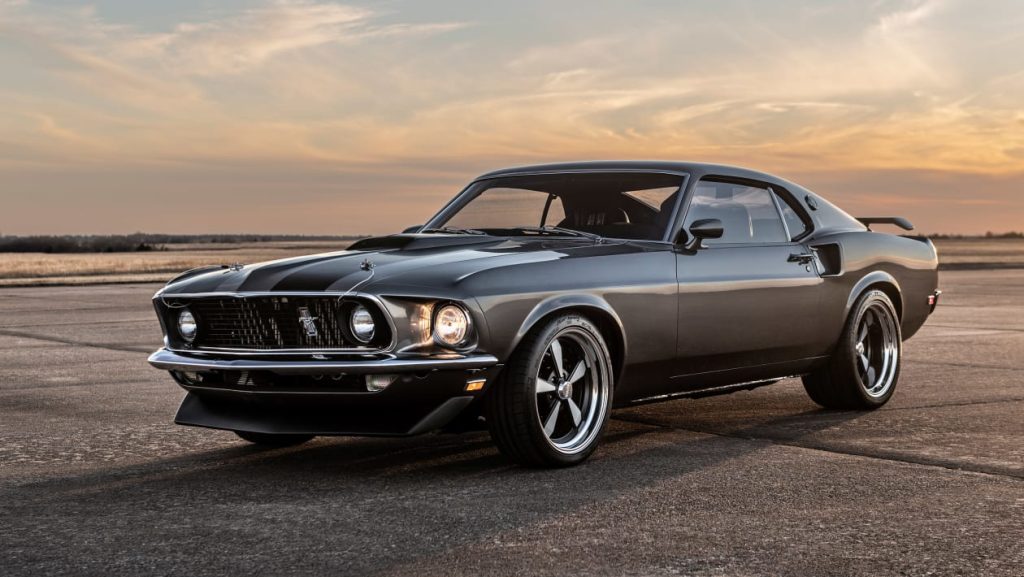
One of the most iconic American muscle cars, the Ford Mustang, has a timeless appeal. The 1969 Mach 1, with its powerful V8 engine and fastback design, remains a dream car for many collectors.
Jaguar E-Type (1961-1975)
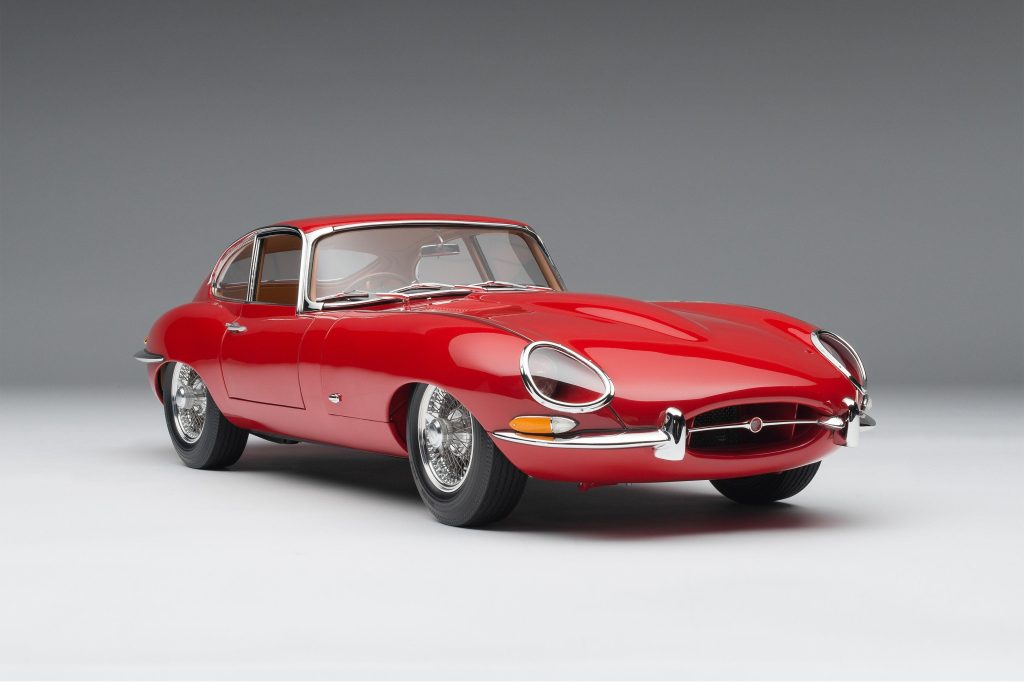
Often hailed as the most beautiful car ever made, the Jaguar E-Type not only boasts stunning design but also impressive performance. Its straight-six engine helped Jaguar dominate Le Mans racing in the 1950s.
Mercedes-Benz SL (Pagoda)
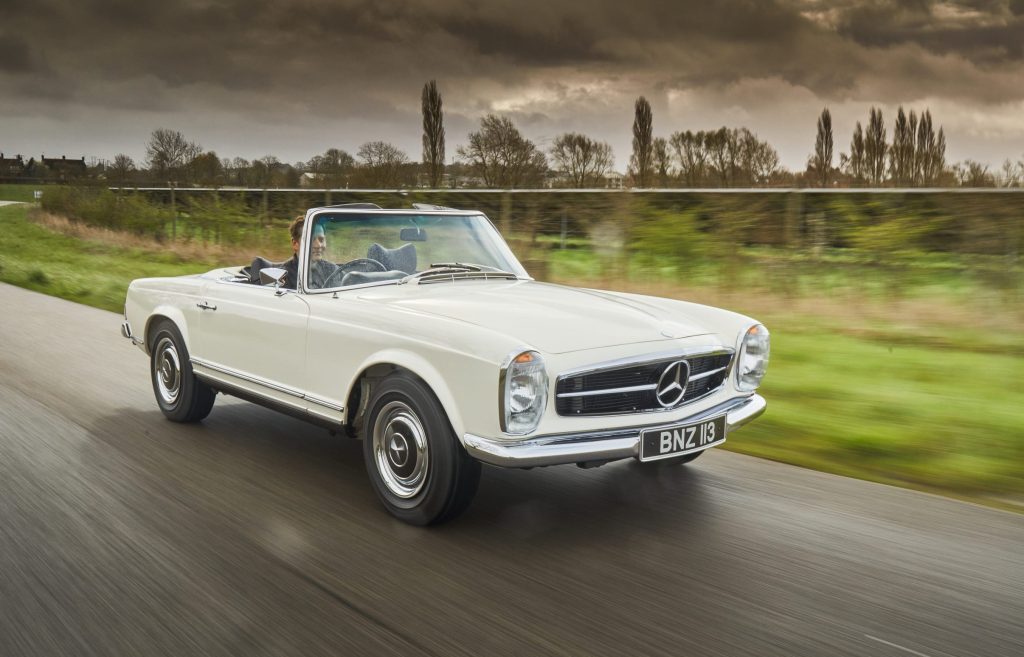
The Mercedes-Benz SL series, particularly the 230 SL (nicknamed the ‘Pagoda’), has aged gracefully. Known for its timeless design and solid engineering, it remains a highly sought-after collector’s item.
Porsche 911 (First Generation, 1964-1973)
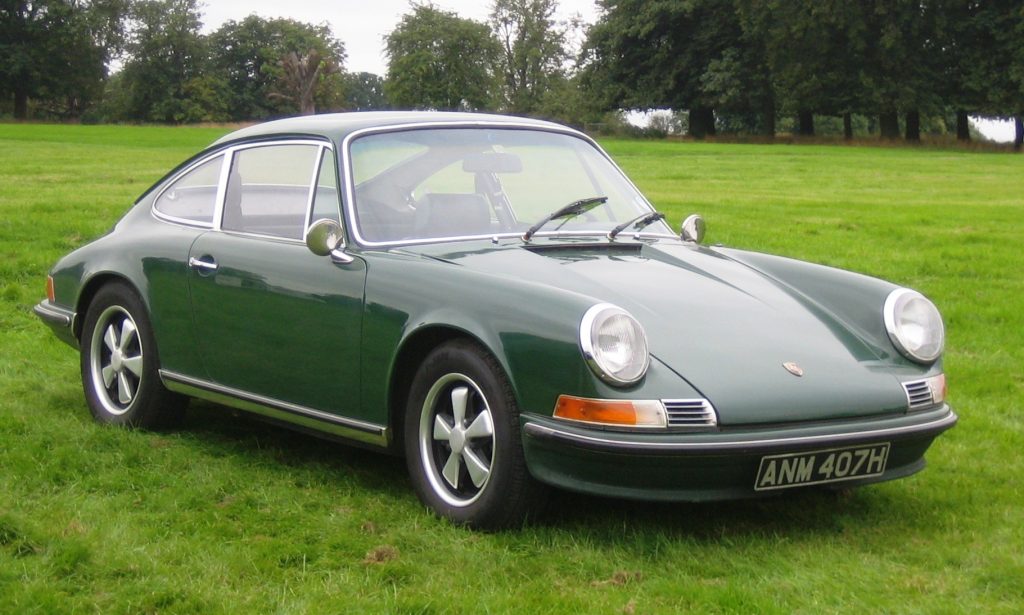
The Porsche 911 is widely regarded as one of the best driver’s cars of all time. With its distinct rear-engine layout and thrilling driving dynamics, the early generations of the 911 continue to captivate car lovers.
A New Chapter for Classic Car Enthusiasts
While the financial aspect of importing these vehicles remains a challenge, the ability to legally bring in classic cars marks a historic moment for India’s automotive culture. The streets of India are set to witness a resurgence of timeless automotive legends, bringing a unique charm and nostalgia to the roads. Whether you’re a seasoned collector or a passionate enthusiast, this policy change opens up exciting new possibilities for owning a piece of automotive history.
